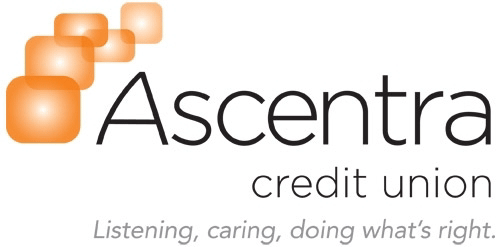FHS Teacher Uses Real-World Scenarios in Financial Classes
With Consumer Education being a required class before graduation, Fulton High School teacher Jeff Hoese has enjoyed implementing LIFE scenarios booklets that are presented by Banzai and funded by Ascentra Credit Union.

Originally posted on clintonherald.com
There is no cost to the school, children or teachers for these booklets. There is a 25-question pre-test, with students answering questions to see what they know about banking, budgeting and investments. Then they hop onto the Banzai website, where they have a series of different events that come up.
They go through each scenario; for example, they have rent coming up, so students would go through their account and see how money transfers over for rent. Then there are other things as in recording a paycheck, tipping when out to eat and paying for gas. When they’re finished they will take the post-test. Hoese said the post-test scores have always been higher than the pre-test.
He has been doing this booklet in his Consumer Education and Financial Literacy class every semester since 2010.
“Back then it just had the word free on it so I was like ‘OK lets do it,'” Hoese said. “Now I’ve been doing it ever since then because it’s a great way to show skills on everyday life things they will be doing.”
Hoese would recommend this to other schools since it’s broad enough that it can go into a variety of business classes and he thinks it’s a great way to supplement what the teachers are doing and do a more hands-on activity for the students.
“The students enjoy it. Some of the scenarios are funny and the students ask questions,” Hoese said. “Some of the students have never had a job so they don’t know what an earning statement looks like.”
Hoese actually has students now who have came back and said, “I remember when you talked about something and I can’t remember the specifics,” and he’d sit down with them and explain whatever they needed help with, he said.
“It’s a great way for Ascentra to show community involvement and social involvement and say ‘hey we want to help the young teenagers in our community and we can’t directly get in the classroom. Is there anything we can do from a financial standpoint to assist them, and provide financial literacy,'” Hoese said.
“What’s normal in our society is wrong and that is why we have so many people living paycheck to paycheck,” Hoese said. “A lot of the inexperience hurts young adults today and I think this is a great way to open their eyes and say ‘what’s normal is being broke and if you want to do well, you need to be weird. You can’t be like everyone else.'”